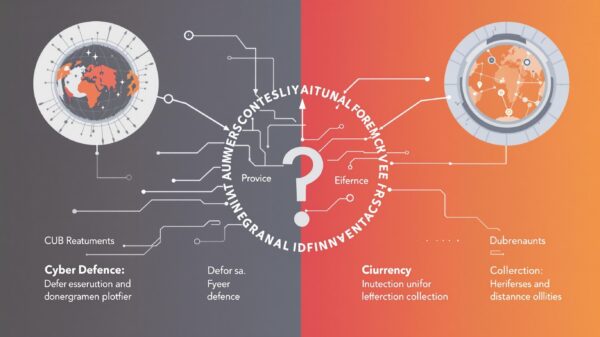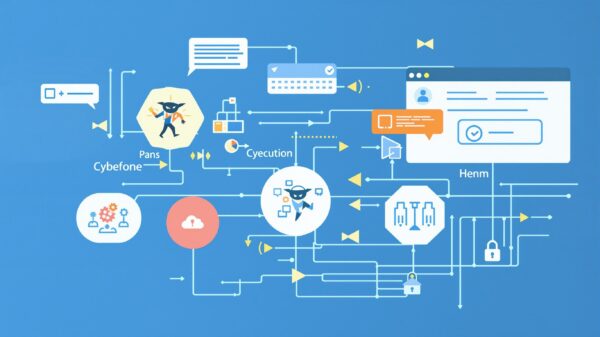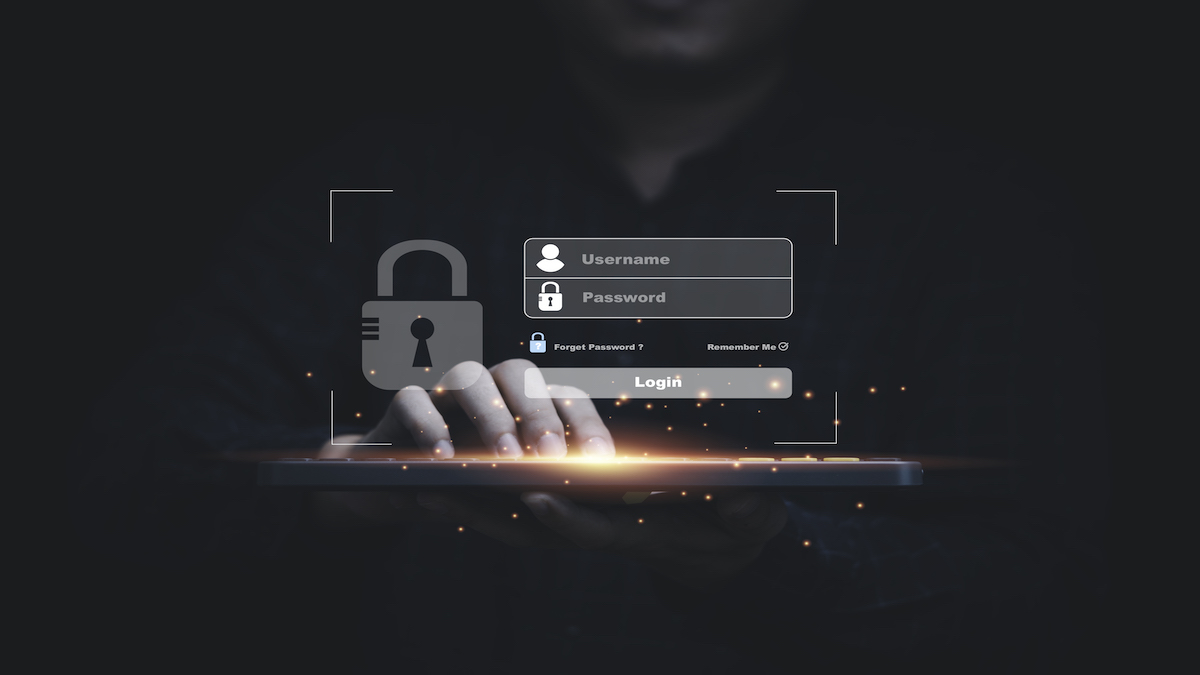Individuals can protect themselves by being cautious with personal information, verifying the identity of anyone requesting sensitive data, and being aware of common social engineering tactics and red flags.
Organizations can prevent social engineering attacks by conducting regular security awareness training, implementing strong security protocols, and fostering a culture of vigilance and skepticism towards unsolicited requests for information.
While the ethics of social engineering can be complex, particularly when used for security testing, malicious social engineering that involves fraud, deception, or theft is illegal.
The most common type of social engineering attack is phishing, where fraudulent communication is sent to trick individuals into revealing sensitive information.




















